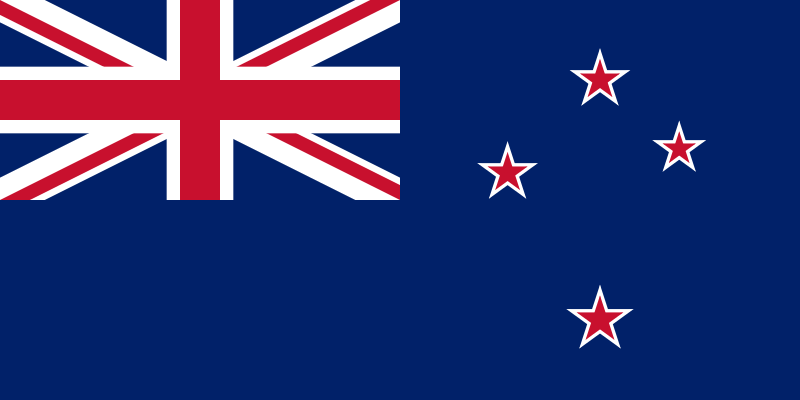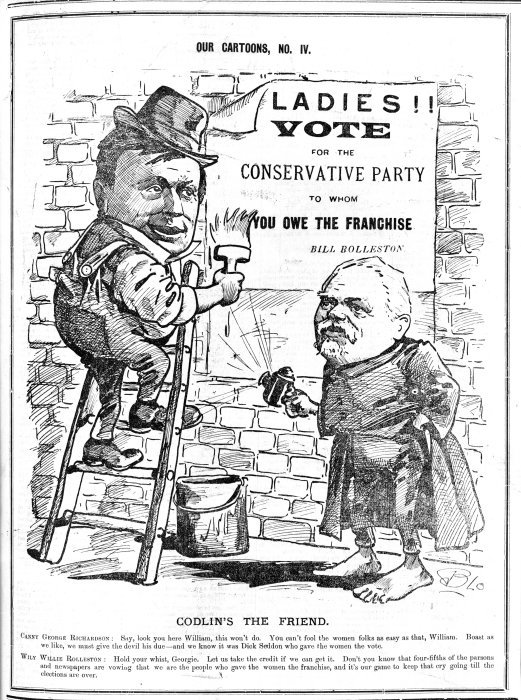

By far the most notable change for the 1893 election was that the Electoral Act, 1893, extended the franchise to all women (including Māori) aged 21 and over. Women's suffrage was granted after about two decades of campaigning by women such as Kate Sheppard and Mary Ann Müller and organisations such as the New Zealand branch of the Women's Christian Temperance Union led by Anne Ward. Of countries presently independent, New Zealand was the first to give women the vote in modern times. John Hall, a Conservative politician and former premier, received most of the credit for pushing the legislation through Parliament; he is the only male who has his name inscribed on the Kate Sheppard National Memorial. There were only 10 weeks between the passage of the legislation and the election, and the Woman's Christian Temperance Union (WCTU) set about to enrol as many women as possible.
The bill had passed under the Liberal government which generally advocated social and political reform, but only due to a combination of personality issues and political accident. Seddon opposed it (unlike many other Liberals) because many women supported prohibition. He had expected to stop the bill in the upper house, but found that one more vote was needed. Thomas Kelly, a new Liberal Party councillor had left himself paired in favour of the measure, but Seddon obtained his consent by wire to change his vote. Seddon's manipulation so incensed two opposition councillors, William Reynolds and Edward Stevens that they changed sides and voted for the bill, which was passed by 20 votes to 18 so giving the vote to women. Both the Liberals and the Conservatives subsequently claimed credit for sponsoring the enfranchisement of women and both sought to acquire women's votes, although the Liberals benefitted more.



